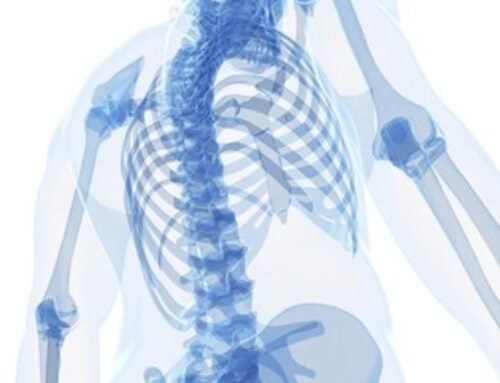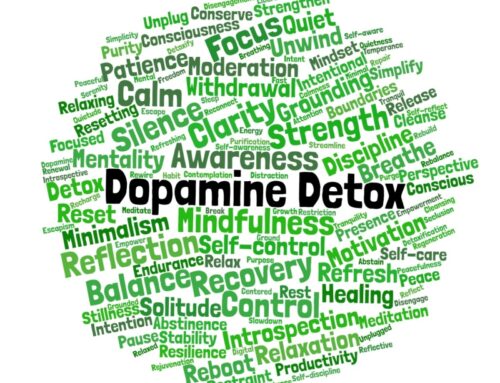 Specific nutritional concepts and coordinating exercises have been shown to increase inter-brain communication and can be applied to prevent the increase of brain glitches and dementia.
Specific nutritional concepts and coordinating exercises have been shown to increase inter-brain communication and can be applied to prevent the increase of brain glitches and dementia.
Fats
Fish oil, avocados, almonds, salmon, and breast milk all have the ability to improve cognitive function. These foods are all high in Omega-3 fats, an important part of keeping the brain healthy. Both children and adults should ingest a significant proportion of their daily caloric intake with foods high in Omega-3 fats. These foods have been shown to be critical in the development of the nervous and immune systems and key to preventing diabetes and obesity.
Lecithin may be a relatively unknown supplement to some, but not to researchers. Studies have shown how lecithin aids the body in digestion and absorption of fats. Similar to cholesterol in function, lecithin is needed to move healthy fats to where they can be better used. Lecithin use, therefore, can help lower cholesterol by making unnecessary.
Lecithin also aids in the production of the neurotransmitter acetylcholine (ACh). ACh is needed for memory storage and retrieval in all lobes of the brain, but is particularly useful in the right side of the brain. It is here that long-term “photographic” memory is produced. A study at the Massachusetts Institute of Technology (MIT) showed that lecithin can improve the neural function in the areas of the brain controlling memory, speech, balance, and fine motor movements, key functions in learning and physical development.
Sugars
“Diabetes of the brain.” That’s what Dr. Susan DeLaMonte, a neurologist at Brown University, called Alzheimer’s disease. The similarity draws from both diseases having the inability to process sugar because of the ineffectiveness of insulin on the surrounding cells. A high-sugar diet causes the body to become resistant of insulin and its ability to bring sugar into cells for food. Diabetics end up literally starving their own cells because they can not absorb the sugar circulating in the blood. Unlike all other cells of the body, the brain can only survive on sugar. It cannot convert protein or fats into energy. The irony here is that a diet high in sugar causes death of the brain cells because of a lack of sugar that is able to be transported into the cell. Cell death is the hallmark of almost all neurological regressive diseases.
The lesson here is that a diet low in sugar should be adhered to one’s entire life as a way to reduce insulin resistance and its devastating effects on the body.
Exercising the Brain
Coordinating movement of information from both sides of the brain involves using activities and/or movements that utilize each hemisphere. Singing, dancing, drawing, memorizing literature, walking, balancing on one leg, and creative writing are just some of the activities that help to keep the brain sharp.
One of my favorite exercises for using both sides of the brain is the Standing Cross Crawl. From a standing position, lift one leg and touch the knee with opposite hand. Repeat this exercise continuously for 30 seconds. This exercise works best when performed early in the morning, before a hard task, or after you have been sitting for a long time.
Jumping rope for two minutes a day is also extremely helpful, as it uses rhythm and bilateral coordination, requiring both sides of the brain. When jumping rope is set to music or performed when memorizing literature, nearly the entire brain is working.
Use It or Lose It
Keeping the brain sharp requires purposeful actions. You have to work the brain to keep it focused. You have to feed it the right foods to keep it healthy. It might not be the easiest thing to keep your brain in the proper working order, but at least you will remember what you did and be able to pass it along to others.
For more information and techniques, be sure to reserve your spot at our FREE “Dementia Prevention” class Thursday, August 8, at 6:00pm, at our Downtown Roanoke office.
As always, if you’re looking for a chiropractor, ART® treatment, or acupuncture services, look no further than CORE Chiropractic and Wellness Center.
Daryl Rich, DC, CSCS






